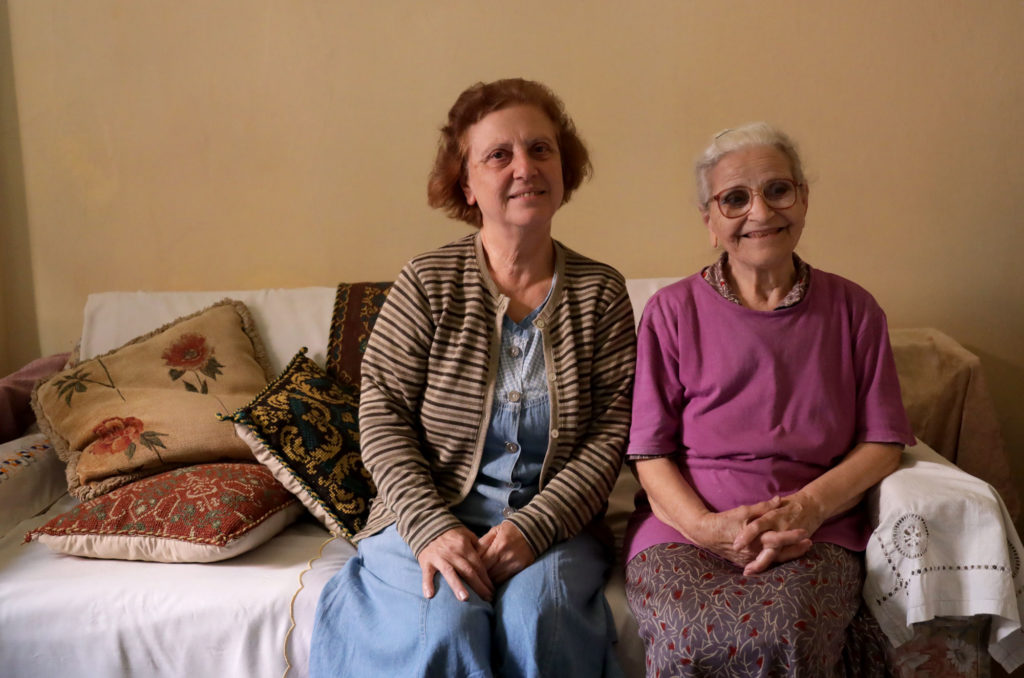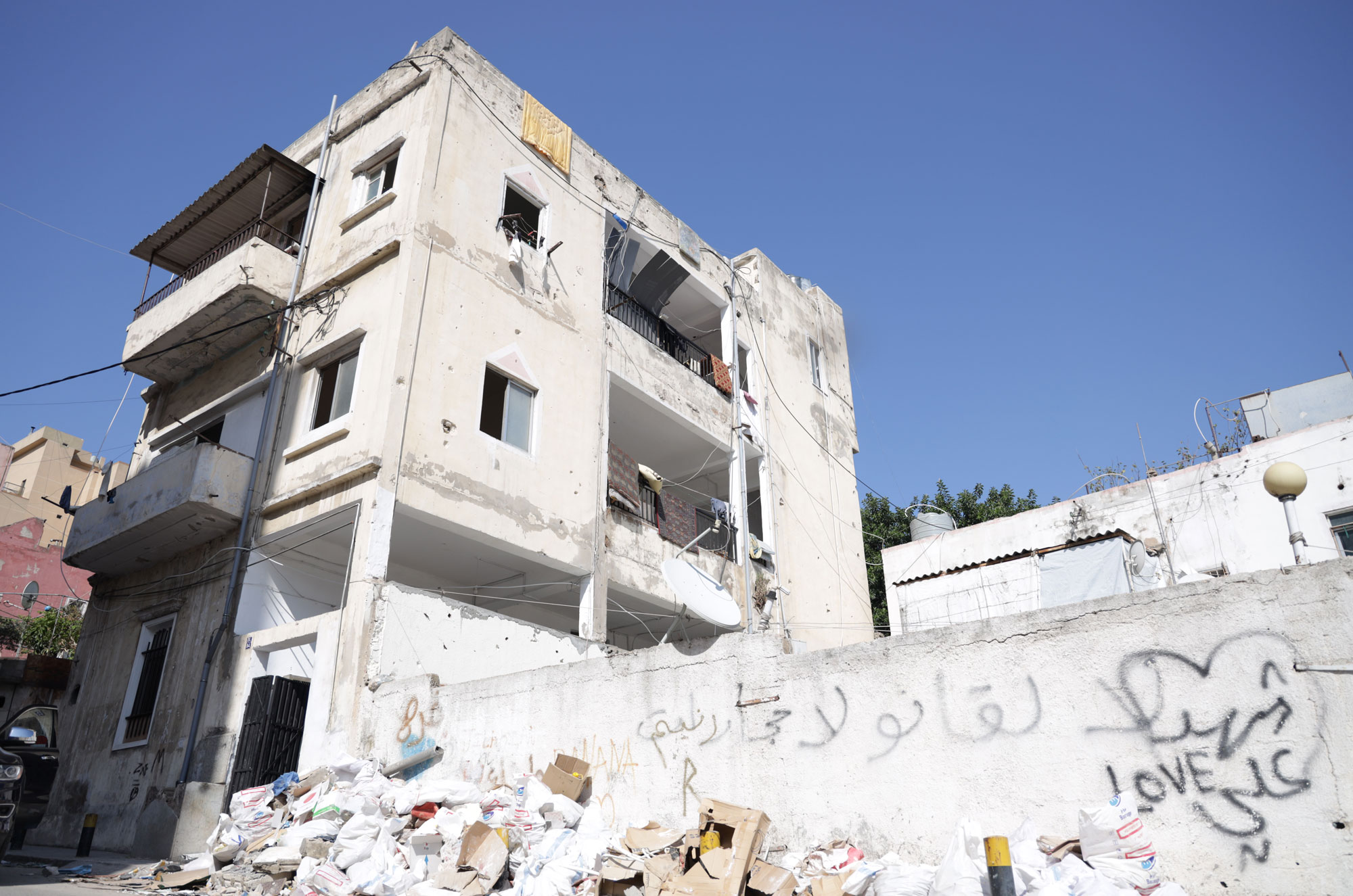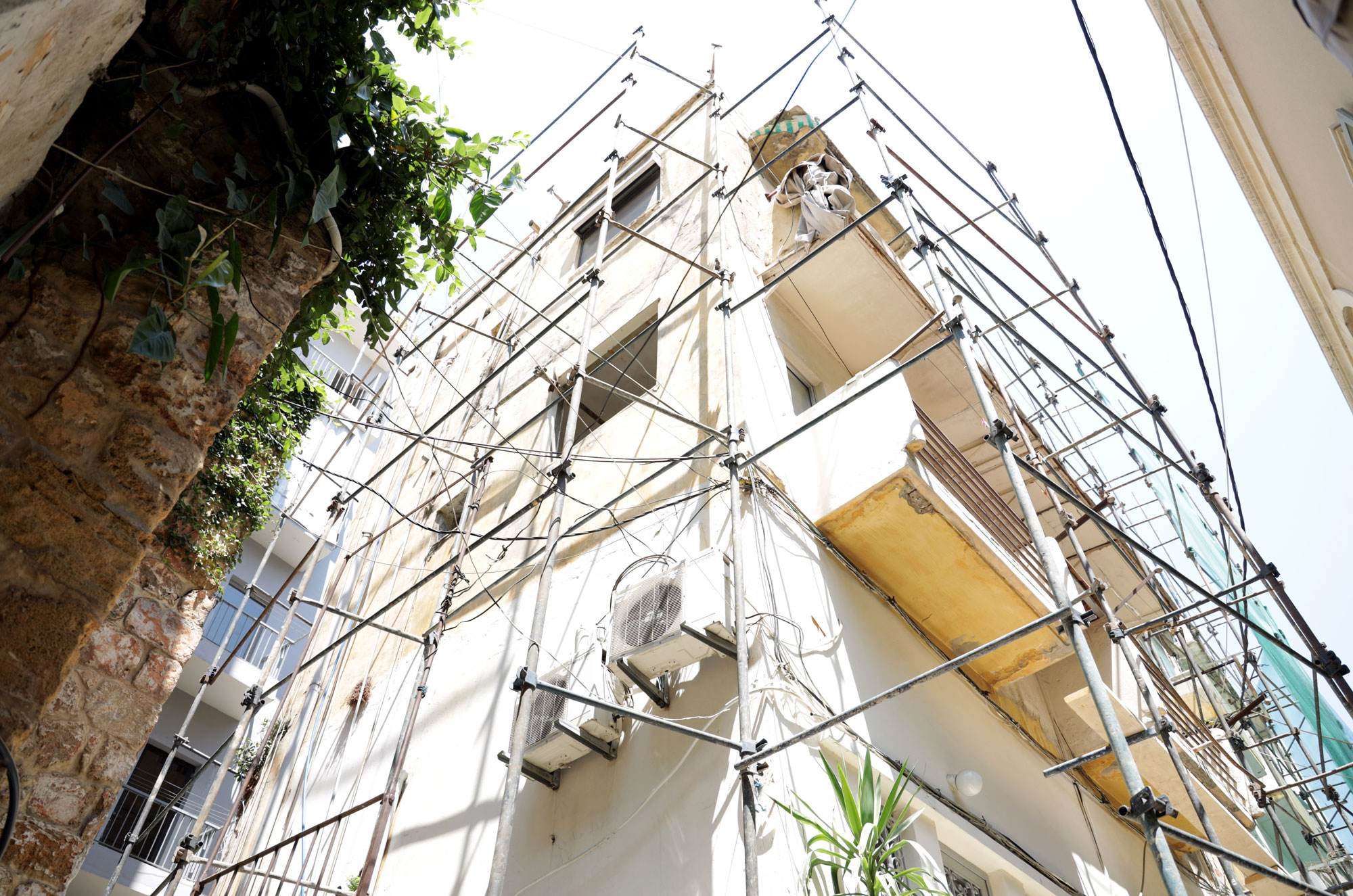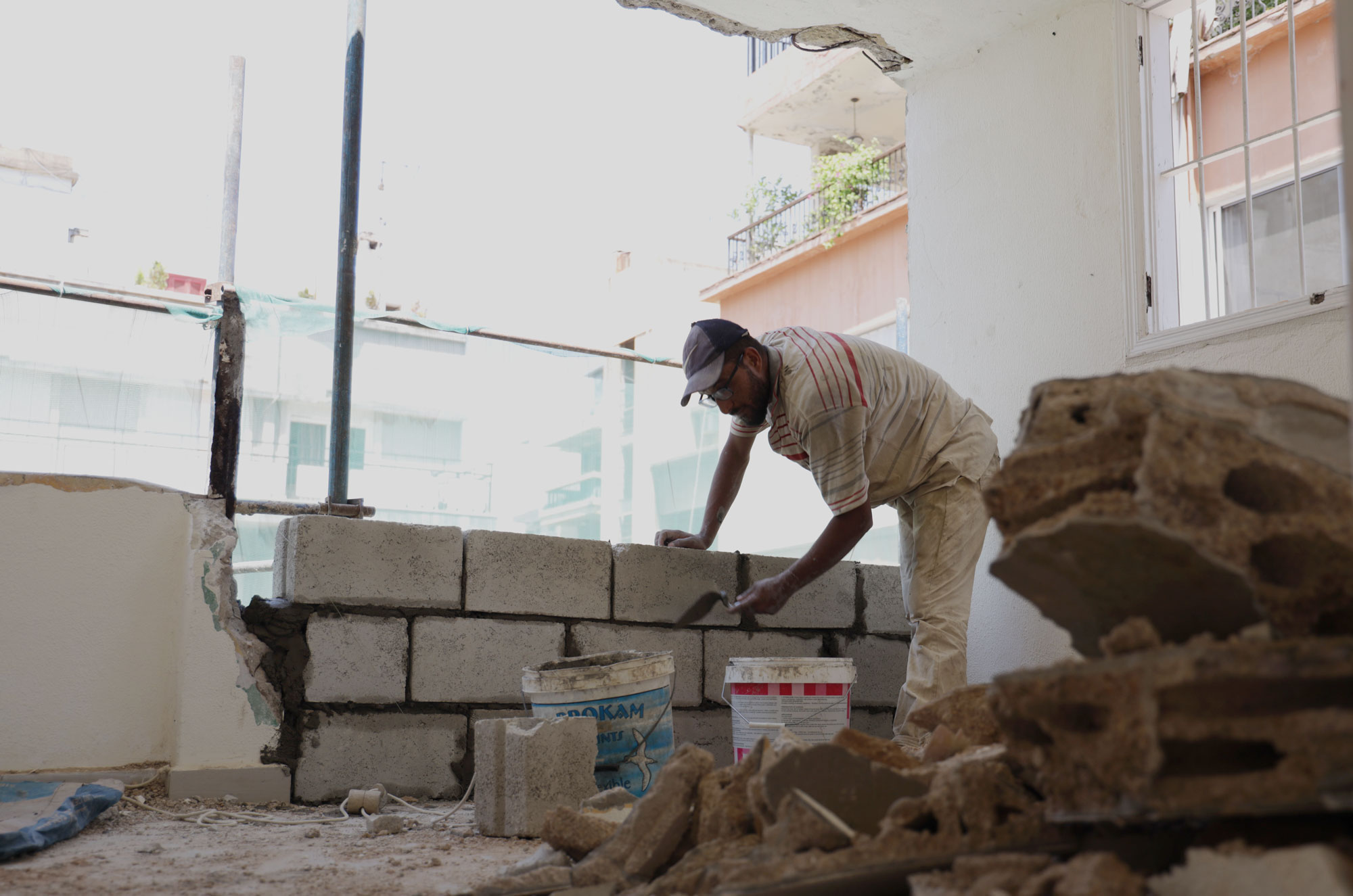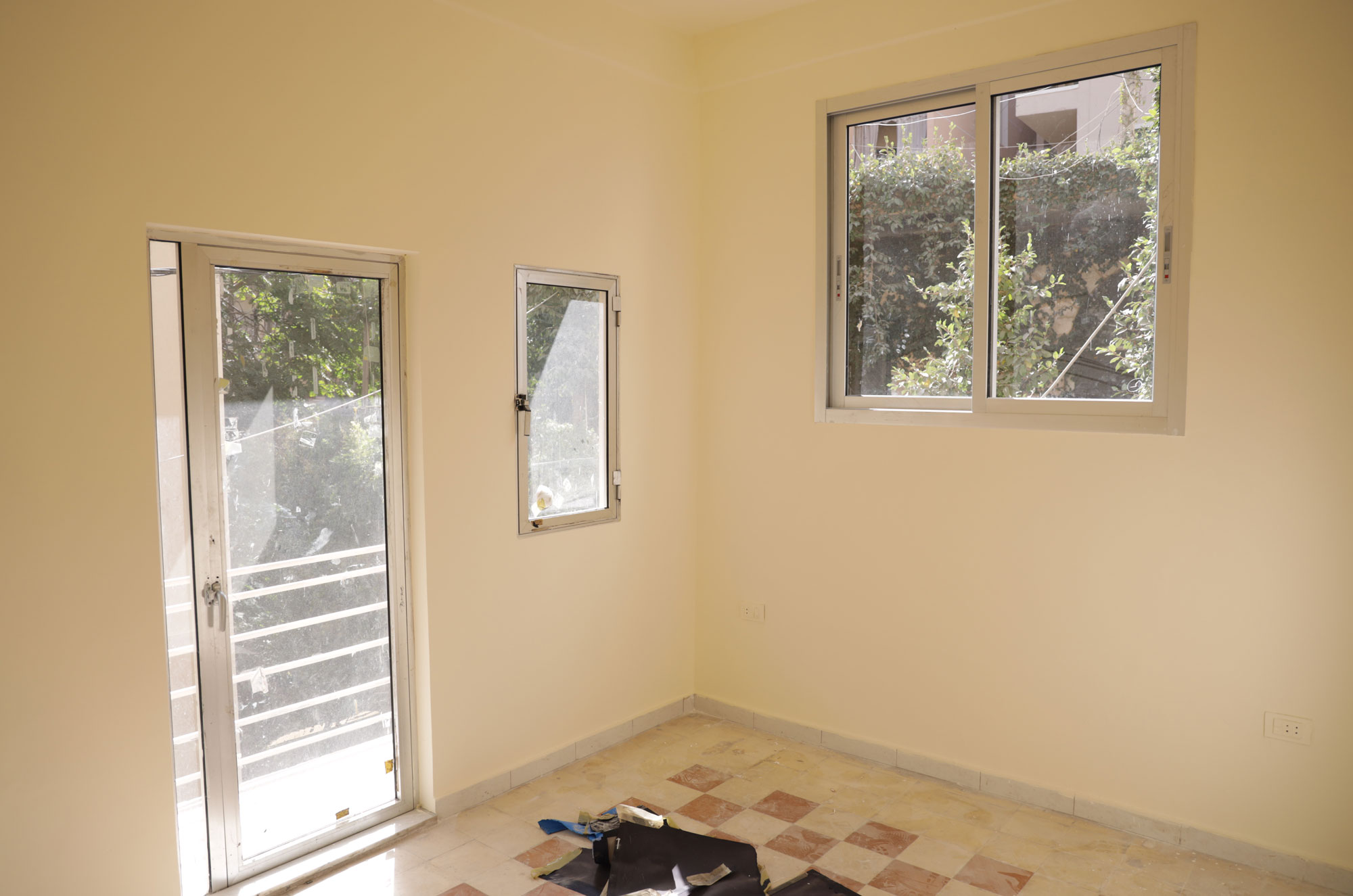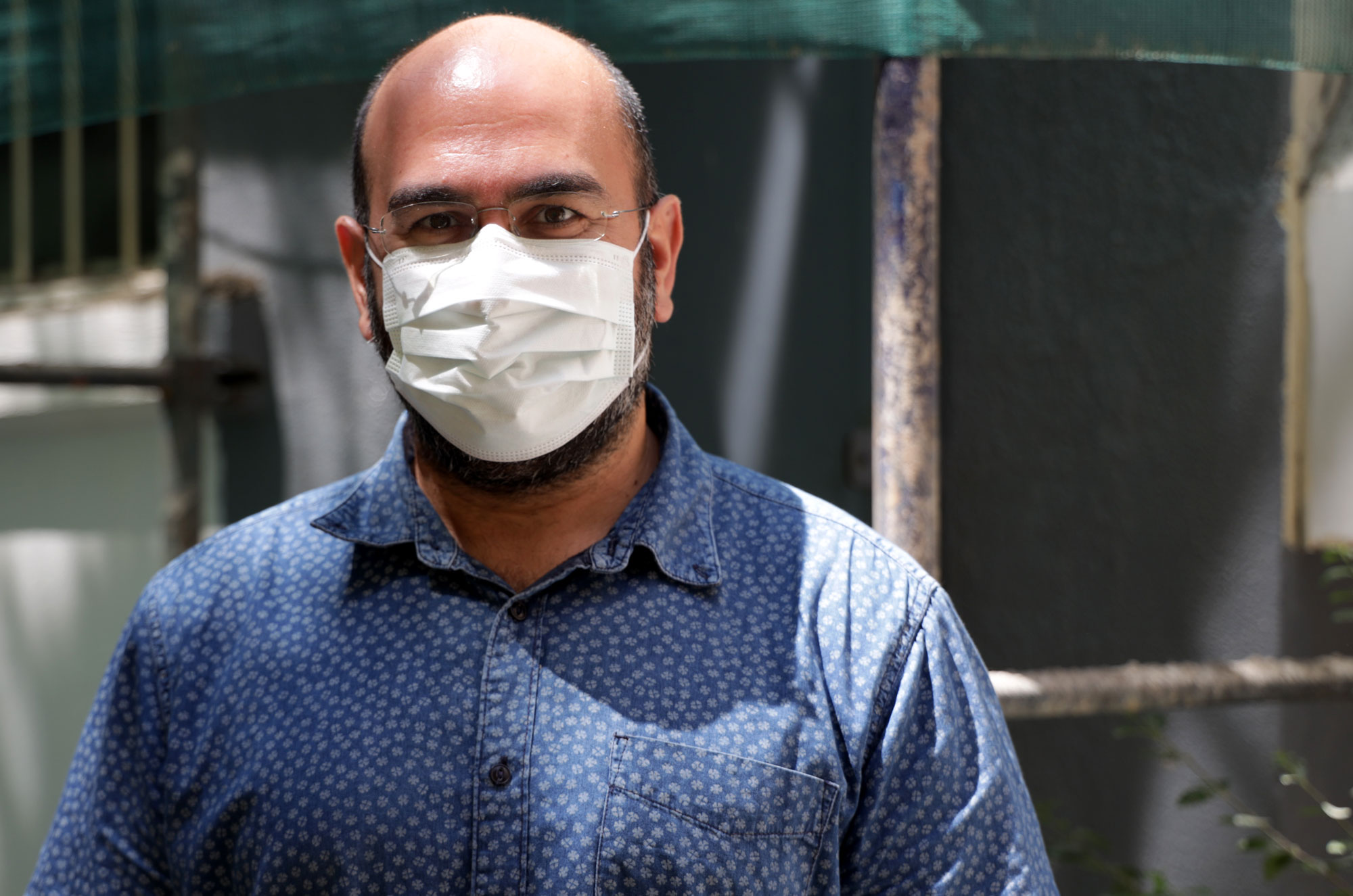Jan, 2022
The Anera Rebuild Beirut program has renovated 900+ homes and businesses.
The Beirut blast in August 2020 cost the people of Lebanon hundreds of loved ones and thousands of homes. The explosion left everlasting scars, both physical and psychological. Since then, UNICEF and Anera have been cooperating to address the consequences of this collective trauma by distributing thousands of food parcels, winter items, shoes, and hygiene products to families.
UNICEF has also provided generous funding for Anera's Rebuild Beirut program, as have other partners and donors, including Muslim Aid USA, CARE International, and Near East Foundation. Anera has renovated more than 900 homes and business so far.
Anera’s Rebuild Beirut team has renovated 770 apartments. The idea is to address the internal displacement and homelessness crisis that resulted from the blast. We also aim to make homes safer and habitable in the shortest time possible.
Mazen Balaa, Anera’s project manager, says, “We are working to restore and rehabilitate the houses damaged by the Beirut blast. For example, this building in Gemmayze [above] is three floors with six badly damaged apartments. It was obvious that the tenants had abandoned the building. So we helped the building owner repair it and bring the tenants back. The six affected families were able to return to their homes in dignity. We also helped the building owner restore his only source of income.”
The Gemmayze area, which is facing the Beirut port, came very close to obliteration. Many buildings in the neighborhood are a century old or more.
“This building is very old. My father inherited it from my grandfather,” says Rabih Abul-Hassan, owner of the newly renovated building. Thankfully, no one in the apartments was severely injured, despite the great damage done to the building.
“When we went to see the building, we saw the great destruction to the whole neighborhood near the port. We saw the wounded and blood…All terrible scenes of destruction. Structural damage means nothing compared to the horrific experiences of the residents.”
Rabih is looking forward to welcoming his tenants back home. Some of them have been checking on Anera's progress. Others were unfortunately forced by circumstances to leave the country.


“I want to thank Anera and UNICEF, in light of the blatant absence of the state. Without your efforts, we would not have repaired the building. And most of the residents of the area would not have been able to return to live in their homes again.”
To some of Beirut’s residents, this explosion was a traumatic reminder of an ongoing conflict in Syria. This is the case for Suhaila Ghourb, a mother of six who fled the war in Syria six years ago after her house was bombed. They lost all their belongings, but luckily not each other.


“I hate remembering the moment of the explosion — it was terrifying. We re-lived every horrifying memory in Syria. We lost everything again.”
Anera’s Rebuild Beirut team repaired Suhail’s windows and doors, installed a water heater and renovated her bathroom.
Araksi Khentrajian is a 72-year-old Armenian-Syrian. Born and raised in Lebanon. She has been living in the same house in Burj Hammoud for more than 60 years.
“The blast broke the doors and windows of the house and everything in it. The whole building shook. Parts of it fell and the whole building was in danger of collapsing.
“Throughout our 60 years in this house and all of the wars and invasions we have witnessed, we have never experienced anything like the catastrophic port explosion.
“Thank you,” Araksi says, “for giving us once again a sense of security and safety within our homes.”
